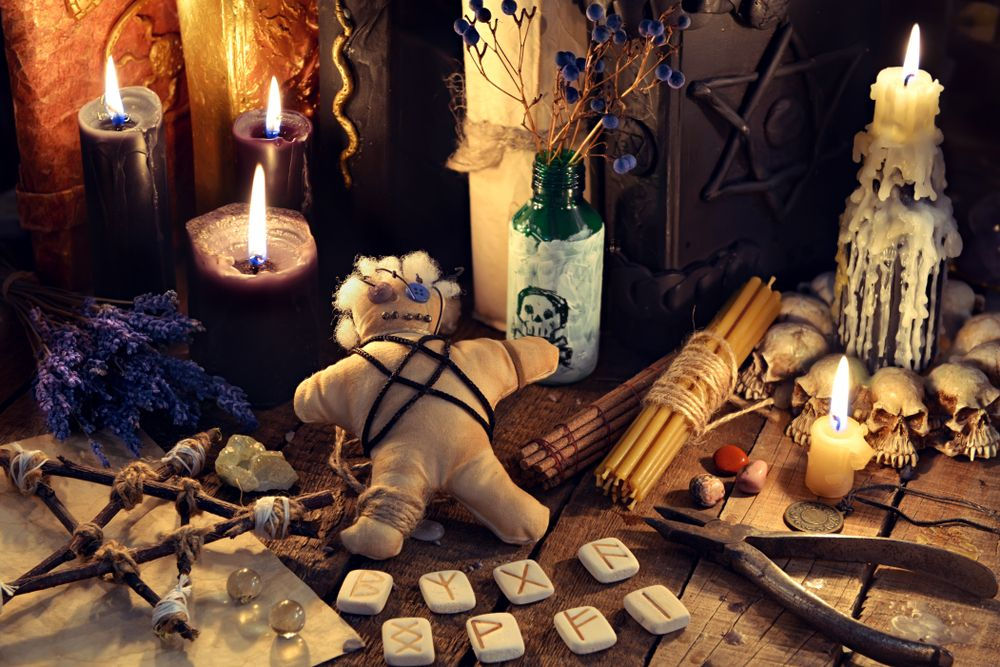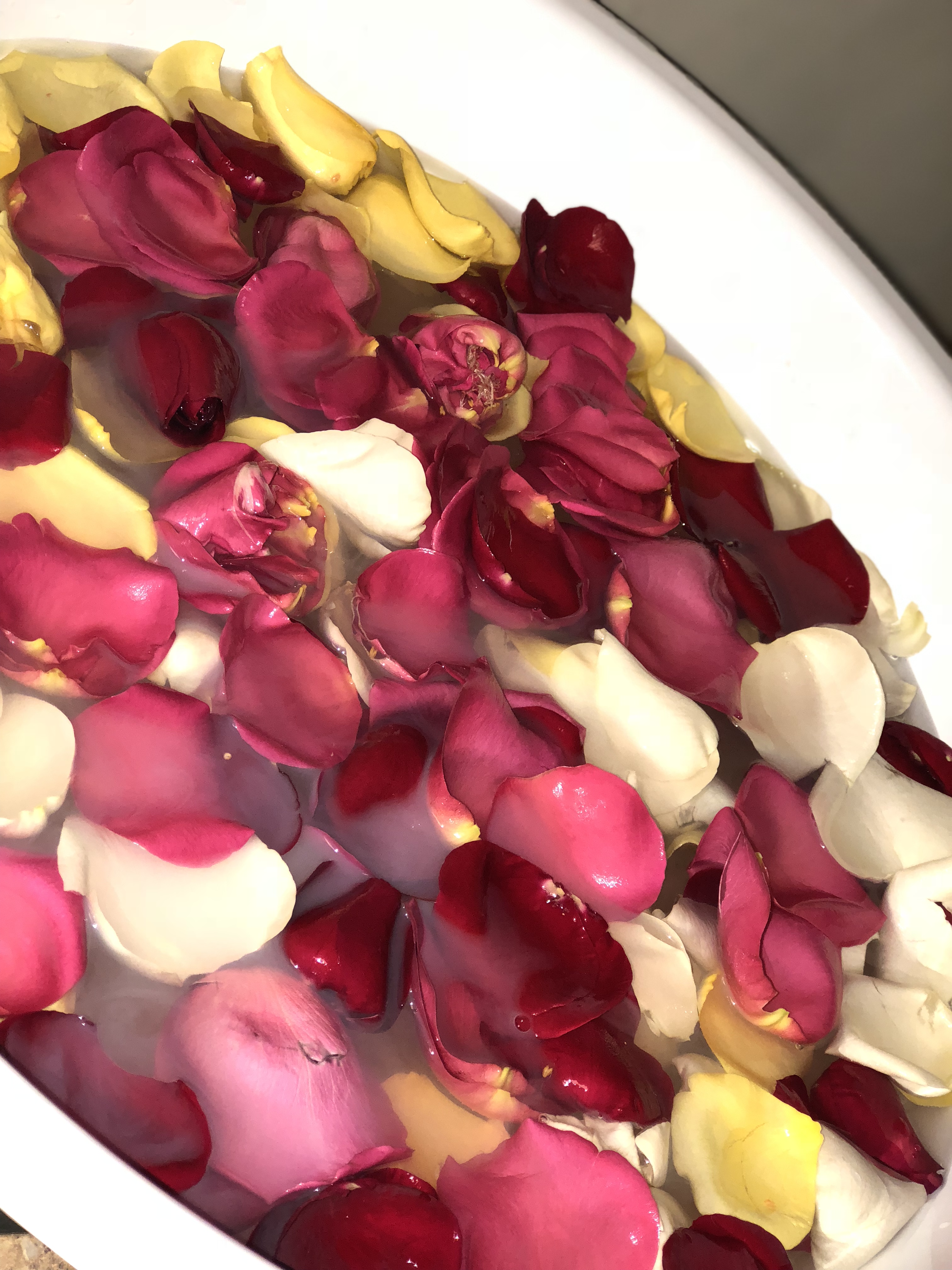
Voodoo and Hoodoo… the similarities and differences.
- Michel Etienne

- Jan 6, 2024
- 2 min read
The enigmatic and mystical traditions of Voodoo and Hoodoo have long captured the fascination of people around the world. Rooted in the rich cultural tapestry of the African diaspora and infused with elements of spirituality, magic, and folklore, these practices have evolved over time, carrying with them a complex legacy of tradition, belief, and ritual. In this blog post, we will delve into the origins of Voodoo and Hoodoo, shedding light on their similarities and differences to gain a deeper understanding of these captivating and often misunderstood traditions.
Voodoo, also known as Vodou or Vodun, has its origins in West Africa, particularly among the Fon, Ewe, and Yoruba peoples in what is now present-day Benin, Togo, and Nigeria. With the transatlantic slave trade, Voodoo was brought to the Caribbean and the Americas, where it merged with elements of Catholicism and indigenous traditions, giving rise to distinct regional variations. In Haiti, Voodoo became intertwined with the revolutionary struggle for independence and has since become an integral part of Haitian culture and identity.
Voodoo is a syncretic religion that blends African spiritual beliefs with elements of Catholicism and indigenous traditions. Central to Voodoo is the veneration of spirits, known as loa or lwa, who are believed to intercede on behalf of practitioners and offer guidance, protection, and healing. Rituals, dance, music, and offerings are integral to Voodoo ceremonies, through which practitioners establish a connection with the spirit world and seek to influence the course of their lives.
On the other hand, Hoodoo, also known as conjure or rootwork, is a distinct folk magic tradition that emerged among African American communities in the Southern United States. Unlike Voodoo, Hoodoo is not a religion but rather a set of magical practices and beliefs that draw upon African, European, and Native American influences. Rooted in herbalism, divination, and spellcraft, Hoodoo encompasses a wide array of rituals, charms, and remedies aimed at addressing practical concerns, such as love, luck, protection, and prosperity.
Despite their differences, Voodoo and Hoodoo share some common elements. Both traditions have been shaped by the historical experiences of African diasporic communities, incorporating indigenous African beliefs and practices alongside influences from European and indigenous American cultures. Additionally, both Voodoo and Hoodoo place a strong emphasis on the power of spirits, ancestors, and magical rituals in influencing the material and spiritual realms.
One of the key distinctions between Voodoo and Hoodoo lies in their religious and magical orientations. Voodoo is a structured religious system with its own deities, cosmology, and ceremonial practices, whereas Hoodoo is a form of folk magic that is not tied to a specific religious framework. While Voodoo is centered around spiritual worship and ritualistic ceremonies, Hoodoo is more focused on practical magic, herbal remedies, and the use of charms and spells for everyday needs.
In conclusion, the origins of Voodoo and Hoodoo are deeply intertwined with the historical experiences of African diasporic communities and the complex interplay of cultural, religious, and magical traditions. While Voodoo is a syncretic religion with African, Catholic, and indigenous influences, Hoodoo is a distinct form of folk magic that draws upon a diverse array of cultural elements. Despite their differences, both traditions reflect the
























Comments